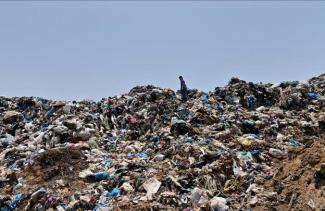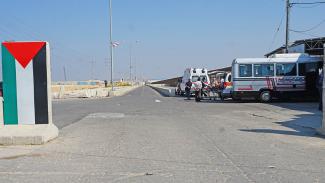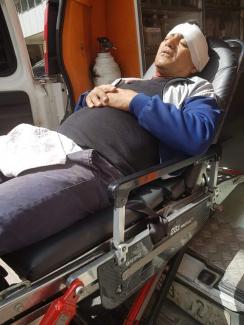One is the ongoing pandemic. Since mid-June, the number of COVID-19 cases in the oPt has increased from nearly 700 to some 15,000 by the end of July, with the number of fatalities exceeding to 80. The epicenter of the surge has been the Hebron Governorate, followed by East Jerusalem and the Bethlehem Governorate. The humanitarian community has continued to support the Palestinian authorities’ response to the pandemic by addressing critical gaps in medical supplies and equipment, supporting the operation of quarantine and isolation centres, providing psychosocial support to those in need, and conducting a communication and community engagement campaign, among other activities. Further information and analysis about the pandemic and related humanitarian interventions are available at OCHA’s COVID-19 online dedicated page.
The Humanitarian Bulletin | June-July 2020
In this document
On 19 May 2020, Palestinian President Mahmoud Abbas announced that the Palestinian Authority (PA) considered itself absolved of all agreements and understandings it has signed with Israel and the United States. This decision was in response to Israel’s announcement of its intention to annex parts of the West Bank as early as 1 July, subject to the “full agreement” of the current U.S. administration. The threat of annexation has been widely condemned by the international community and the UN Secretary-General has stated that annexation “would constitute a most serious violation of international law, grievously harm the prospect of a two-State solution and undercut the possibilities of a renewal of negotiations.”
“The dump site here ruined our lives. The air we breathe isn’t clean and the environment we live in isn’t healthy,” said Abu Ahmad, a father of seven, who lives in Beit Lahia in northern Gaza, next to an informal dumpsite. “I love Beit Lahia. It used to be an agricultural area, where we could eat what we plant. The water was good as well. Now, the area is damaged, and the aquifer is polluted. I really hate saying this, but I wish I could leave.”
On 16 April, 40-year-old Issa Qattash and his brother were severely beaten and injured by a group of Israeli settlers, while having a picnic with their families in a forest outside of Jibya village (north of Ramallah). “One of the settlers carried a rifle and another an axe”, Issa explained. “My brother Moussa managed to escape to call for help… I laid some time injured on the ground and then the settlers began dragging me out of the area… but then Israeli soldiers arrived and released me, while letting the settlers go.” Fatima Qattash, Issa’s 70-year-old mother, who witnessed the event added: “we were all shocked and scared… the children are still having nightmares!”












